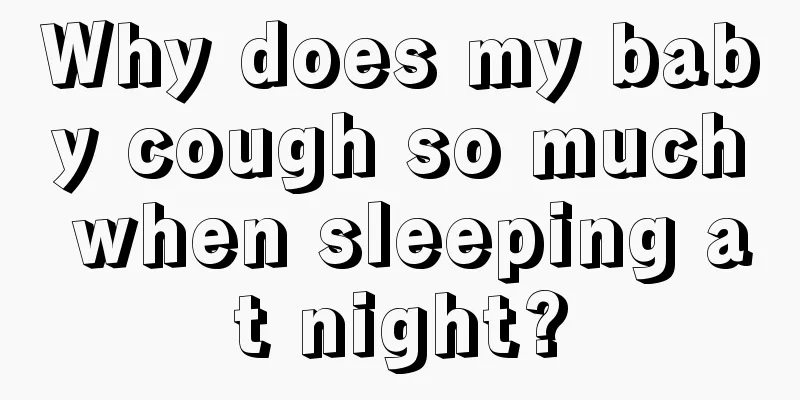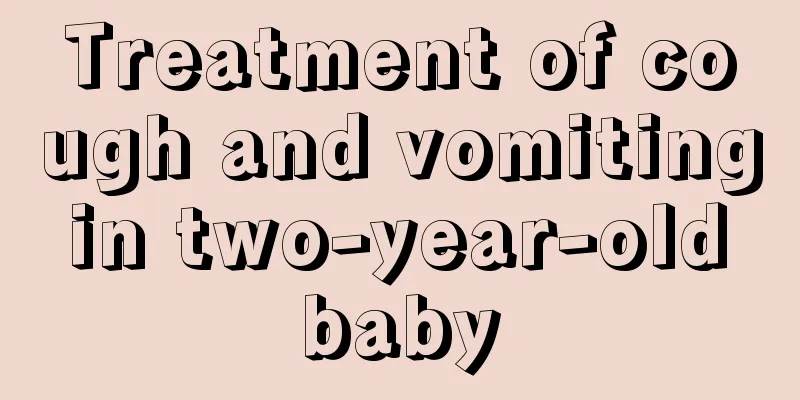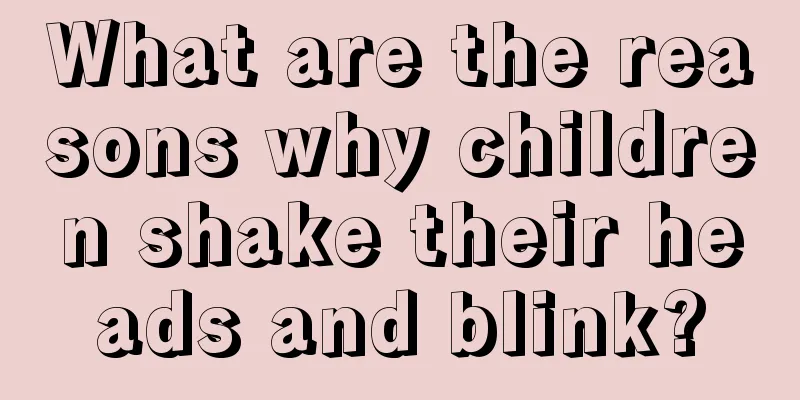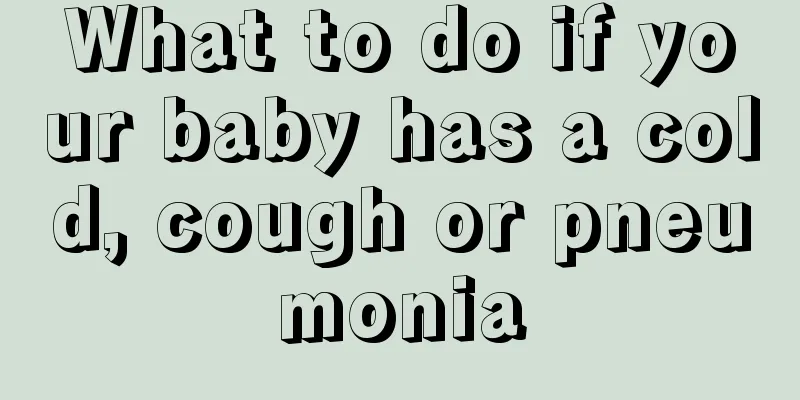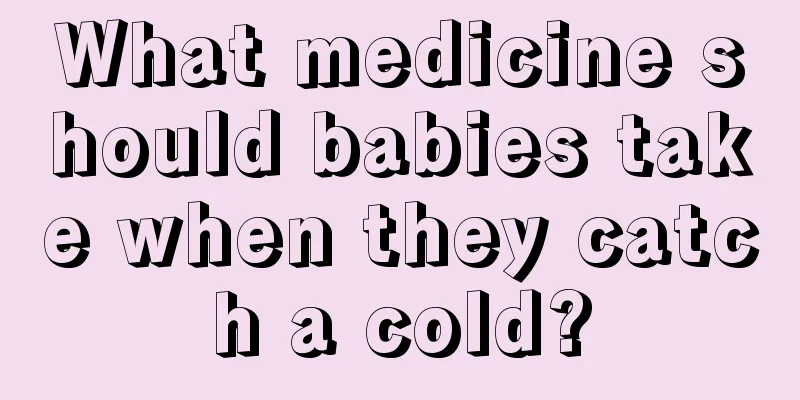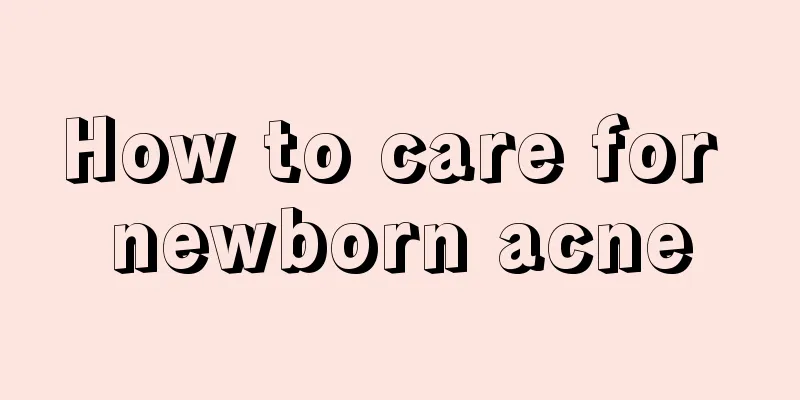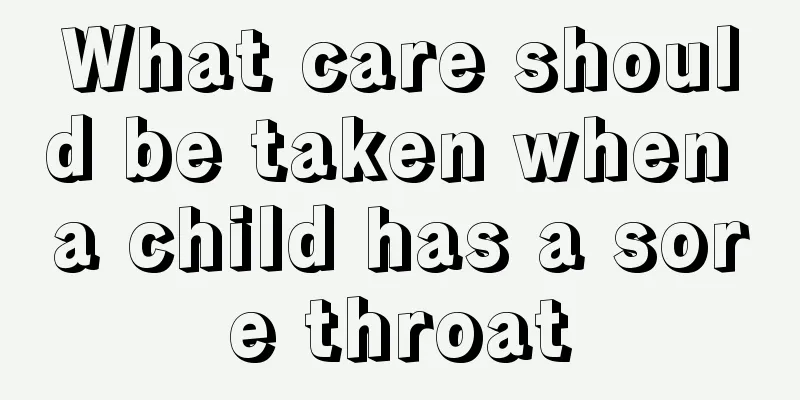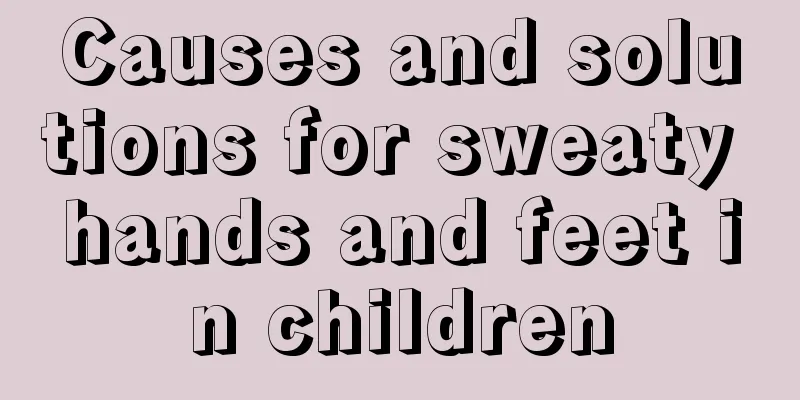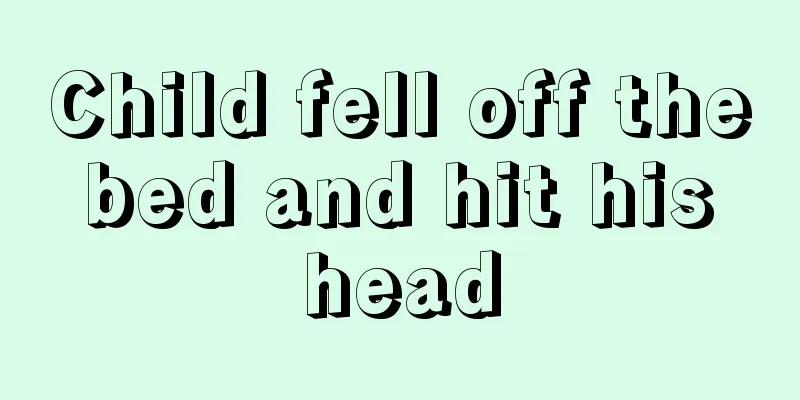How to treat ADHD in children more effectively?
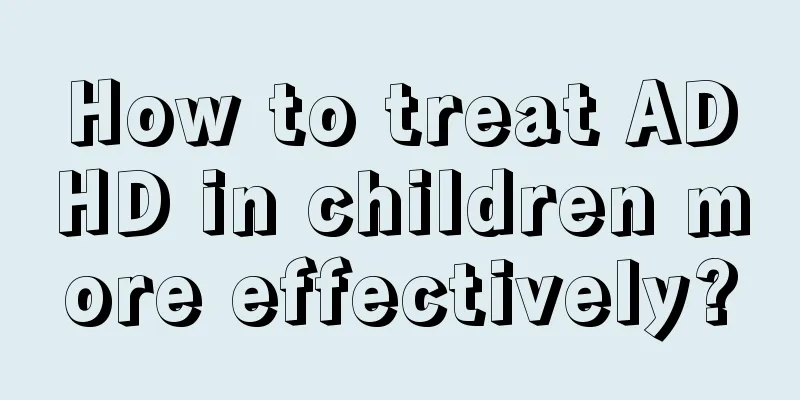
|
Everyone knows that ADHD is a relatively common disease. Generally, after ADHD occurs, it will have a great impact on the child's physical and mental health. More serious cases may also affect the child's normal intelligence. Therefore, it can be treated with common medications and other auxiliary treatments to improve the condition. Treatment strategy Improve the level of early identification and diagnosis and treatment of this disease, provide patients with diagnosis and treatment as early as possible, and reduce the harm of the disease to themselves, their families and society. Drug treatment Medications can improve patients' attention deficits, reduce activity levels, improve academic performance to a certain extent, and improve relationships with family members. 1. The first-line treatment drugs for central nervous system stimulants are currently mainly methylphenidate and its controlled-release tablets in China. Central nervous system stimulants are limited to patients over 6 years of age. Because of its central nervous system stimulant effect, it should not be used at night. Side effects of the drug include decreased appetite, insomnia, headache, irritability and anger, and it is not yet certain whether it affects growth and development. Central nervous system stimulants may induce or aggravate tic symptoms in patients and are not recommended for patients with comorbid tic disorders. The issue of substance abuse must also be considered when using CNS stimulants long-term. 2. The representative drug of selective norepinephrine reuptake inhibitor, atomoxetine, has been listed as the first-line treatment for ADHD. Features: Administered once a day, the therapeutic effect can last for 24 hours; long-term use, non-addictive; the drug takes a long time to take effect, and generally the effect is not seen until 1 to 2 weeks after the start of medication. The most common adverse reaction is gastrointestinal reaction, which requires taking the medicine after meals. Other treatments There are two main types of psychotherapy: behavioral therapy and cognitive behavioral therapy. The patient has poor relationships with peers, uses aggressive language and behavior toward others, and has poor self-control. Behavioral therapy utilizes the principle of operant conditioning to promptly provide positive or negative reinforcement to the patient's behavior, enabling the patient to learn appropriate social skills and replace inappropriate behavior patterns with new and effective behaviors. Cognitive behavioral therapy mainly addresses patients' impulsive problems, allowing patients to learn how to solve problems, identify whether their behavior is appropriate, and choose appropriate behavior. Prognosis Some children still have symptoms after they grow up, which significantly affects their academic performance, physical and mental health, as well as their family life and social abilities after they grow up. |
<<: What kind of fish is good for children?
>>: What should I do if my child has a nosebleed?
Recommend
What are the dangers of a short tongue in children when they grow up?
Many children have inaccurate pronunciation when ...
Can children eat mushrooms?
Children can eat some mushrooms appropriately in ...
Is acute pneumonia in children serious?
Generally, when a child has acute pneumonia, pare...
Asthmatic bronchitis in children
Asthmatic bronchitis in children is a common dise...
What to do if a newborn baby has a red spot on his head
What is the reason for red spots on the head of a...
What to do if your child cries and won't sleep
In the process of raising children, you will enco...
Toilet training tips
The baby's growth requires a variety of train...
What to do if a five-year-old child has stomach pain
If a child has stomachaches all the time when he ...
What causes goose bumps on children?
Children's skin is very delicate, usually smo...
What shape of pacifier is good?
If mothers have ever bought a pacifier, they know...
Can infant hypoxic-ischemic encephalopathy be cured?
Due to problems in people’s current lifestyles, b...
Baby gastrointestinal care
Babies' physical changes are relatively large...
What causes children to twitch while sleeping?
Parents should pay more attention to their childr...
Is epilepsy hereditary? How much do you know about epilepsy?
Many parents of children with epilepsy are worrie...
How to treat allergic rhinitis in children?
The health status of children is of great concern...
